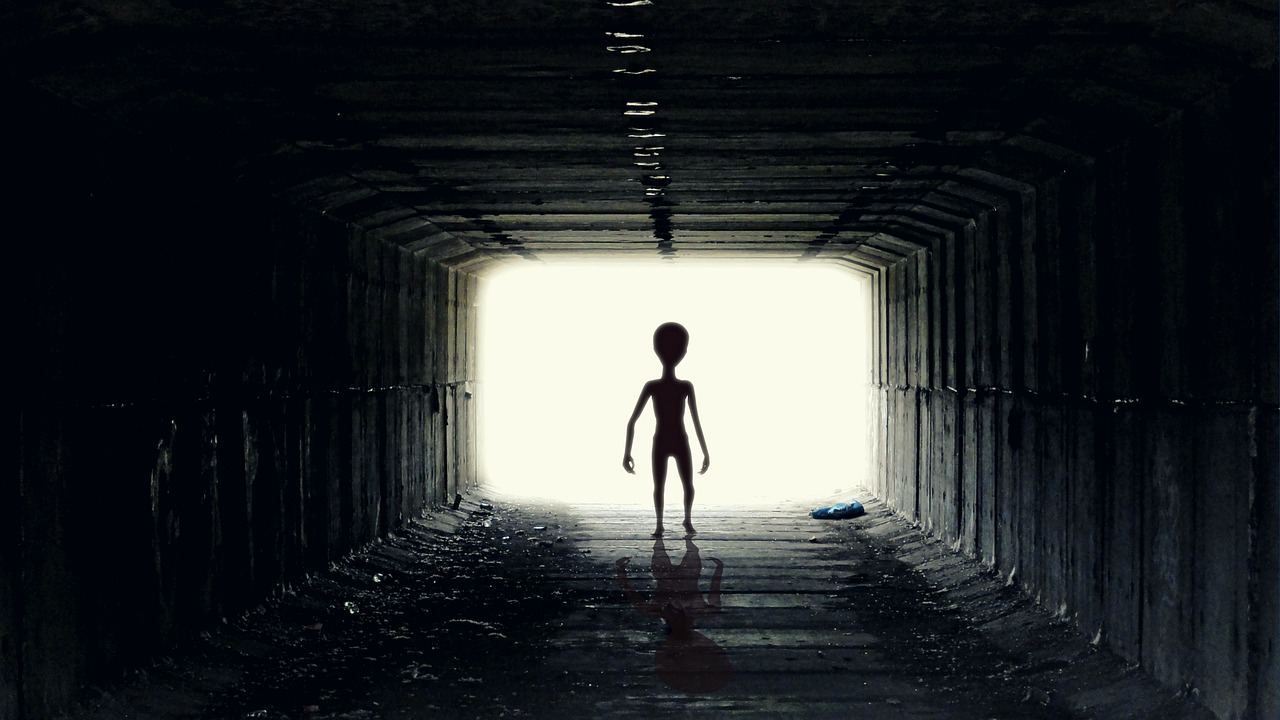Nat-Geo addresses the idea of a gene
/The Gene: Science's Most Powerful—and Dangerous—Idea
SIMON WORRALL, National Geographic
The gene is “one of the most powerful and dangerous ideas in the history of science,” argues Siddhartha Mukherjee in The Gene: An Intimate History . Since its discovery by Gregor Mendel, an obscure Moravian monk, the gene has been both a force for good and ill. In the 1930s, the Nazis exploited the pseudoscience of eugenics as a prelude to the Holocaust. Today, gene therapy holds out the hope of eradicating hereditary conditions like Huntington’s disease and even psychological disturbances, such as schizophrenia. [See how the DNA revolution is giving us unprecedented power.]
National Geographic caught up with the author as he was driving across the Williamsburg Bridge in New York City. Mukherjee, a professor of medicine at Columbia University who also wrote the Pulitzer Prize-winning The Emperor of All Maladies about cancer, explained why the book has deep personal roots, how the United States eagerly adopted the pseudoscience of eugenics, and why allowing individuals to make decisions about altering the genetic makeup of their children may be a dangerous thing to do.







